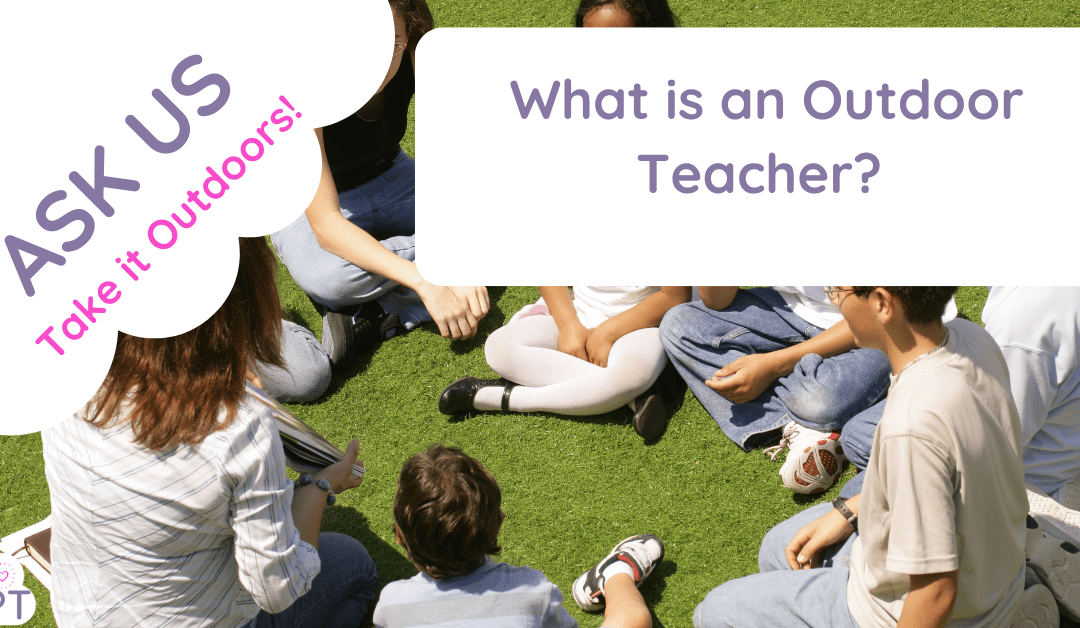What is an Outdoor Teacher?
In recent years, outdoor education has gained significant momentum, redefining the boundaries of traditional classroom settings. As an outdoor teacher, you are at the forefront of this educational revolution, fostering a deeper connection between students and nature. This blog post explores the benefits, challenges, and practical tips for being an effective outdoor teacher.
The Benefits of Outdoor Education
Outdoor education offers numerous advantages for both students and teachers:
- Enhanced Learning Experience: Nature is a dynamic classroom, providing real-world contexts that enhance student engagement and understanding.
- Improved Mental Health: Studies have shown that spending time outdoors can reduce stress, anxiety, and depression, fostering better mental health among students.
- Physical Activity: Outdoor lessons naturally incorporate physical activity, promoting healthier lifestyles for students
(Apple) . - Environmental Stewardship: Teaching outdoors helps instil a sense of responsibility and care for the environment in young learners.
Overcoming Challenges
Despite its benefits, outdoor teaching presents unique challenges that require careful planning and adaptability:
- Weather Conditions: Unpredictable weather can disrupt outdoor lessons. Always have a backup plan and ensure students are appropriately dressed for various weather conditions.
- Safety Concerns: Conduct thorough risk assessments to mitigate potential hazards. Establish clear safety guidelines and emergency procedures.
- Resource Availability: Limited access to outdoor spaces and resources can be a hurdle. Partner with local parks or nature reserves to expand your teaching environment.
Practical Tips for Outdoor Teaching
Here are some practical strategies to maximize the effectiveness of your outdoor lessons:
- Integrate Curriculum with Nature: Align your lesson plans with natural elements and seasonal changes. For example, use autumn leaves for a science lesson on plant cycles or a math activity involving counting and sorting.
- Hands-On Activities: Encourage hands-on learning through gardening, wildlife observation, or nature crafts. These activities foster experiential learning and creativity.
- Collaborative Projects: Promote teamwork through group projects like building a birdhouse or starting a school garden. These projects develop collaboration and problem-solving skills.
Internal Resources
The Muddy Puddle Teacher website offers a wealth of resources for outdoor educators. Here are some useful links to get you started:
- Outdoor Learning Activities
- Teacher Training and Workshops
- Lesson Plans and Resources
- Environmental Education Tips
- Health and Safety Guidelines
Conclusion
As an outdoor teacher, you play a pivotal role in shaping a more engaging and holistic educational experience for your students. By embracing the natural world as your classroom, you can inspire a love for learning and a deep appreciation for the environment. Remember to utilize available resources and continuously adapt your teaching methods to meet the diverse needs of your students.


